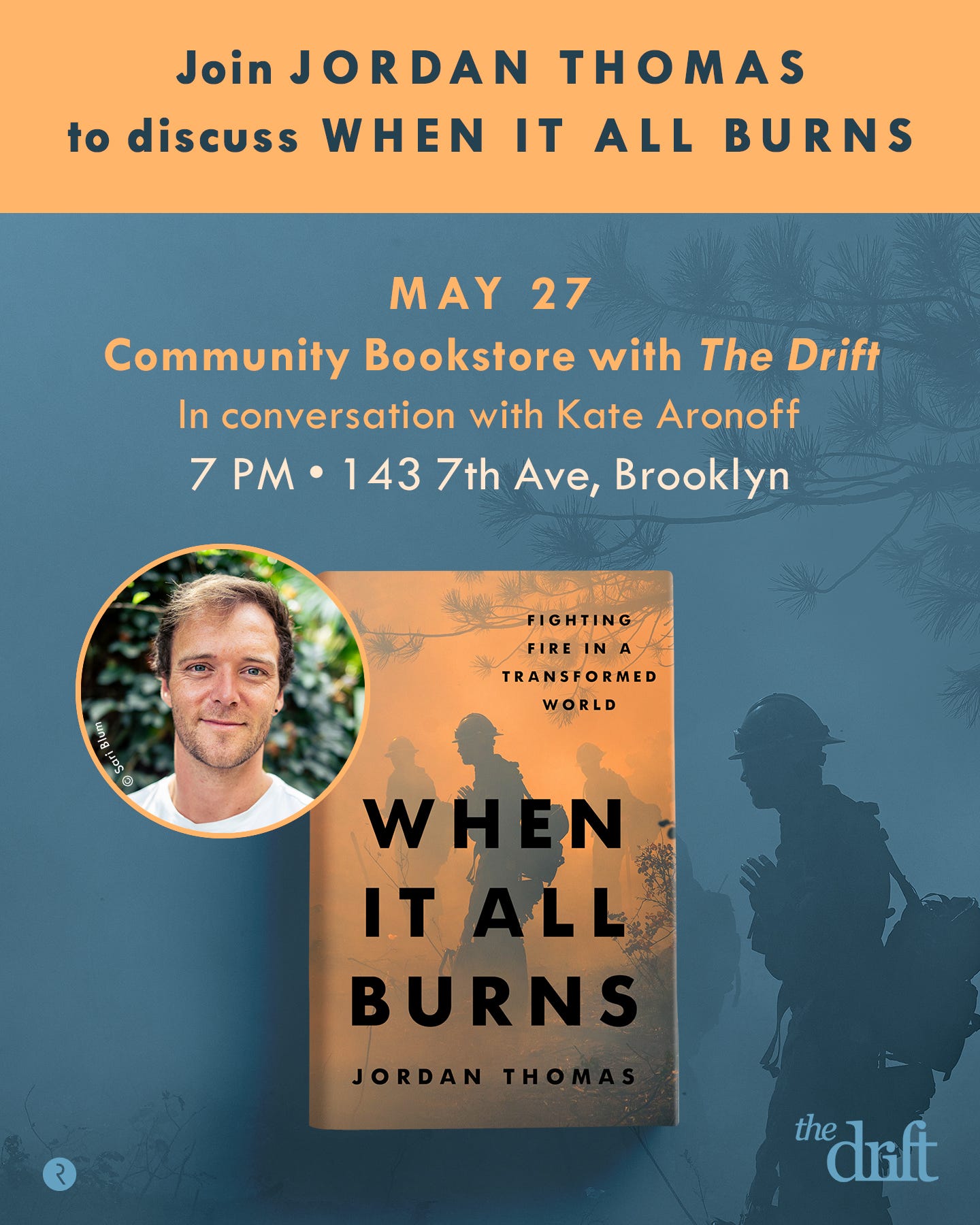The millennial sex novel
Why Annie Ernaux surpasses her imitators
“In recent years, a wave of novels have sought to tell stories like mine — stories of insulated, masochistic, often ambiently queer women drawn despite themselves into the ethical morass of troubling desire,” Noor Qasim wrote in her 2022 Drift essay “Controlled: Annie Ernaux and the Millennial Sex Novel.” It could just as well have been written today. 2024 brought us Miranda July’s extremely popular novel All Fours, about a perimenopausal queer woman’s sexual obsession, and the Oscar-snubbed film Babygirl, in which Nicole Kidman’s character, a prominent CEO, submits to the kinky fantasies of her much younger male intern. Aria Aber’s Good Girl, published in January, follows a young Afghan woman who commences a relationship with a toxic older man, set against a backdrop of sex, drugs, and nightlife in Berlin. Qasim’s diagnosis was so acute that Vulture’s review of Good Girl cites her Drift essay.
Millennial sex novels, Qasim argued, are often imperfectly realized; the form is distorted into self-referential anguish by the content. The narrators of these novels are not able to express their overt sexual desires without moralizing them, apologizing for them, defending them, explaining them. Annie Ernaux’s Simple Passion, on the other hand — arguably their blueprint — perfectly matches form and content. Trusting both the implicit and the explicit, Simple Passion resists telling the reader what to think about sexual desire or the politics of power. It is, powerfully and somehow simply, the account of an all-consuming affair, without editorial direction or anxious self-deprecation.
When I read Annie Ernaux’s novels and memoirs, I’m struck by the precision and ease with which she describes emotions and experiences. Her pain becomes my pain, her desire my desire. Qasim, too, does this: she deftly gets to the heart of these contemporary novels, sifting through their flashy imagery, erotic sensationalism, and gimmicky setups — all the while preserving a tone of respect for the embodied humanity of the characters and their authors. Qasim’s piece also reckons with the danger of narrativizing her own sexual experiences, of turning her decisions into a story she tells herself and others. Do it for the plot, we say. Compromising our autonomy for the sake of a neat narrative is something of which we are almost all guilty. I know I am.
In a time of so much bad sex, so many bad novels, and so many bad novels about bad sex, Ernaux’s approach remains important. It’s forthright, controlled, still radical. Qasim’s thoughtful essay shares these qualities, and allows us to think critically about some of contemporary literature’s most persistent preoccupations.
Sincerely,
Livia Wood
Associate Fiction Editor
Save the date! The anthropologist and former firefighter Jordan Thomas has written a book, When It All Burns, that expands on his 2020 Drift essay about his experience as a hotshot combating wildfires in California and the place of fire in our world today. On May 27 at 7 p.m., The Drift will be hosting a conversation on When It All Burns between Thomas and climate journalist Kate Aronoff at Community Bookstore in Brooklyn. RSVP for free. We’d love to see you there!





